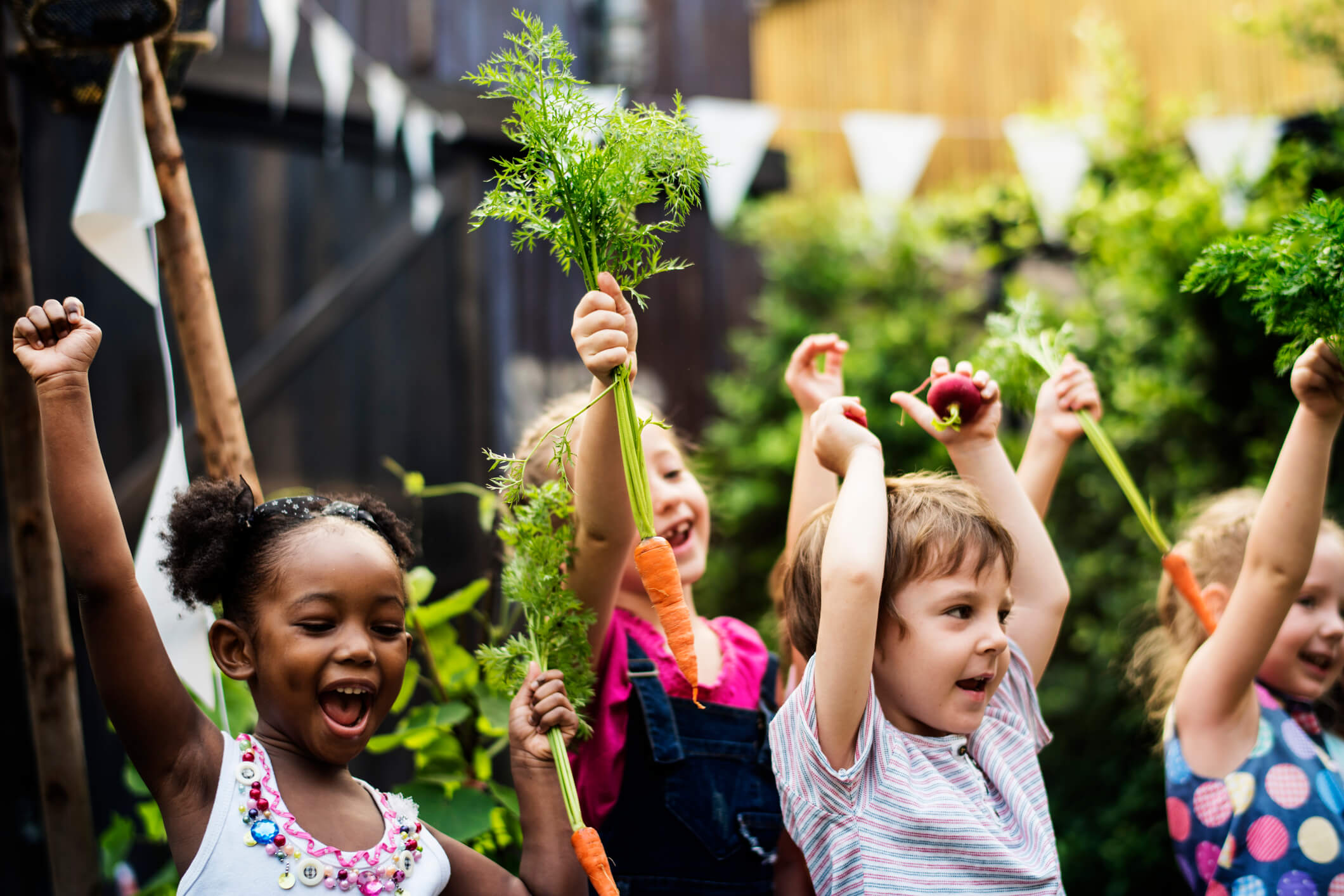When I first started personal training, I focused on adults. Things are a bit different these days. It turned out that some clients wanted me to train their children, so I took an extra qualification in youth fitness. It’s good to help youngsters set up the habits that will last a lifetime.
I’ve noticed that my clients are worrying more about the next generation. We talk about the health and wellbeing of their children, grandchildren, or nephews and nieces. It’s a tricky challenge, as we all know that looking after our own needs is hard enough. How can we help our kids make the right choices?
In this blog, I look at the causes and consequences of poor family eating. I’ve also got some tips and advice on what we can all do about it.
Many parents fear that their kids may become overweight or even obese, building up problems for the future. They can see that weight gain is affecting more and more youngsters every year. Last year, over 20% of year six children were classed as obese with a further 14% overweight. Both were up from previous years. Why is this dangerous trend going the wrong way? As parents and citizens, what can we do about it?
The main problem is that our environment is ‘obesogenic’. This is a fancy word, but simply means the world we’re in makes it easy to put weight on and hard to shift it. Our supermarkets are full of sugary, processed food, and pester power means that families buy too much of it. Our roads are busy so it feels unsafe for kids to walk or bike to school. At home, our smart TVs and games consoles tempt us to spend time on the sofa (and they interfere with a good night’s sleep).
As life has changed, many of us have forgotten the real-food recipes loved by our grandparents. Instead, fuelled by advertising and money-off promotions, we often plump for ready meals and convenience foods. According to BiteBack30, who lobby for healthier food for youngsters, junk food companies spend over £143 million on advertising each year. That’s almost 30 times the amount spent promoting healthy eating by recent governments.
Too many empty calories in and not enough going out – it’s a problem that gets worse over time. We know that overweight and obese children are much more likely to stay that way as adults. That gives them big health risks from things like heart disease, respiratory problems and type 2 diabetes. It also damages their mental health, driving low self-esteem and problems with body image. This is why it’s so important to get kids building the right habits at an early age.
Start good habits early
Your kids weren’t born with a craving for chips and ice-cream. This conditioning happens over time as kids discover more and more unhealthy choices. So it is possible to shape your children’s food cravings so that they look forward to healthier foods, too.
If you have a toddler in tow, get them used to eating the same as you. You’ll need to be careful with salt and spicy food. But in many cases you can blend or chop up a portion to suit their age (and freeze some for later). There’s no need to rely on expensive pre-made toddler food.
If they make it, they’re more likely to eat it
As kids grow older, get them involved. One idea is BIY, or build it yourself. This means setting out a table with healthy ingredients and letting the kids do the rest. Think about how you could come up with a salad bar or fajitas, plus different fruits with yoghurt for dessert.
Another step is to get your children to plan – and help you make – a meal every week. That may sound ambitious, but even pre-schoolers will enjoy mashing potatoes. And while you’re thinking about food, get them talking about it too. Because even if you’re not worried about your kids’ weight, you’re still worried about them eating well. That means teaching them about nutrition, and the differences between real and junk food.
If you’re not yet confident in the kitchen, there are some shortcuts you might find useful. For example, companies like Hello Fresh and Gousto offer healthy recipe boxes. They’re not cheap but they could be just what you need. You simply follow the steps to start building up your skills and understanding. Watch the joy of a child learning to cook and tell me they’re not interested in food! There are also TV shows like Eat Well for Less which show you how to eat well and save money, with just a few food swaps.
Make your voice heard
There are some signs that the message is getting through. Two years ago, the government announced a tax on sugary soft drinks. This summer they announced a ban on junk food advertising on TV and online before 9pm. But if you think they should be going further, you could write to your MP and ask them to do more for the health of our young people. In particular, it’s important that they save our standards and protect child health in any future trade deals.
There are also several campaigning groups you could support, like Biteback 2030. Their ambition is to help young people learn how our food system is designed – and could be improved to put children’s health first. Their Youth Board is a team of passionate teenage activists from across the UK.
Finally, there is the question of what we can all do to tackle food poverty. Sadly it’s becoming more common, with 14% of UK families with children experiencing food insecurity in the past six months. Even when children have enough food to feel full, food poverty results in a poor diet, and poor health. Those hungry at school don’t learn well, harming their prospects in later life. We’ll cover this issue properly in a future blog.
Conclusion
While I’m writing this, we are still dealing with the coronavirus. It hit the UK at a time when one in five children are starting primary school overweight or obese. Perhaps this will convince our politicians to tackle the obesity crisis, and start with young people. That means moving attention away from junk food and onto healthier options instead. After all, shouldn’t every child know why apples are better than fizzy drinks?


